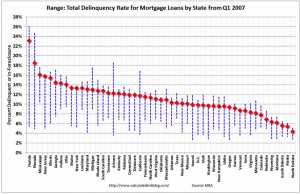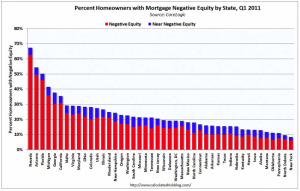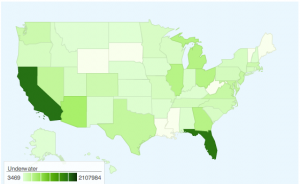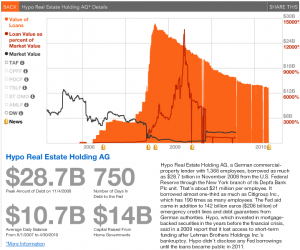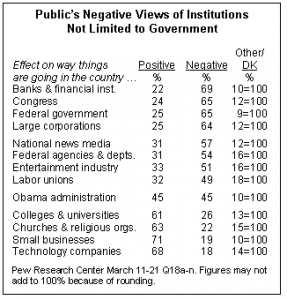Jamie Dimon’s Company Fined $88.3 Million for Trading with the Enemy
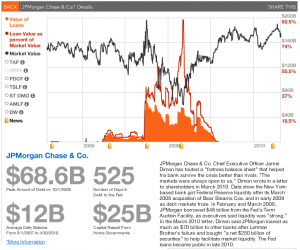 That’s not the technical term for violating economic sanctions against Cuba, Sudan, Iran, and Liberia (and FWIW I think the sanctions against Cuba are stupid).
That’s not the technical term for violating economic sanctions against Cuba, Sudan, Iran, and Liberia (and FWIW I think the sanctions against Cuba are stupid).
Nevertheless, that’s basically what the sanctions JP Morgan Chase just admitted to violating amount to.
The big dollar amounts involve $178.5 million in wire transfers with Cubans.
JPMC processed 1,711 wire transfers totaling approximately $178.5 million between December 12, 2005, and March 31, 2006, involving Cuban persons in apparent violation of the CACR.
But the more interesting violation came when JPMC refused to turn over some documents relating to Khartoum until the government told the bank they knew JPMC had the documents.
The apparent violation of the RPPR occurred between November 8, 2010, and March 1, 2011. On October 13, 2010, OFAC issued JPMC an administrative subpoena pursuant to section 501.602 of the RPPR directing JPMC to provide certain specified documents related to a specific wire transfer referencing “Khartoum.” In response to this subpoena and a subsequent communication, JPMC compliance management failed to produce several responsive documents in JPMC’s possession, and repeatedly stated that JPMC had no additional responsive documents. OFAC ultimately provided JPMC with a list of multiple responsive documents that OFAC had reason to believe were in JPMC’s possession based on communications with a third-party financial institution. This prompted JPMC to correct its prior statements that the bank possessed no additional responsive documents and to produce more than 20 responsive documents. JPMC did not voluntarily self-disclose the apparent violation of the RPPR to OFAC. The base penalty for this apparent violation was $250,000.
And in spite of that apparent obstruction, TurboTax Timmeh Geithner’s agency still treated Jamie Dimon’s disloyal company leniently because of what they called JPMC’s “substantial cooperation.”
OFAC mitigated the total potential penalty based on JPMC’s substantial cooperation,
According to Bloomberg’s count, the Fed lent this disloyal company $68.6B after banksters like Jamie Dimon crashed the economy.
During and after the period JPMC took that money, it financed trade with Iran, tried to hide the Khartoum deal, and financed more trade with Sudan (though it sent money to Cuba and sent Iran 32,000 ounces of gold, now worth $55 million, before taking our money, in 2006). Some of this trading with the enemy was reported internally to “JPMC management and supervisory personnel;” at least some of this wasn’t the work of rogue employees.
This is the kind of MOTU that Obama considers an ally.

